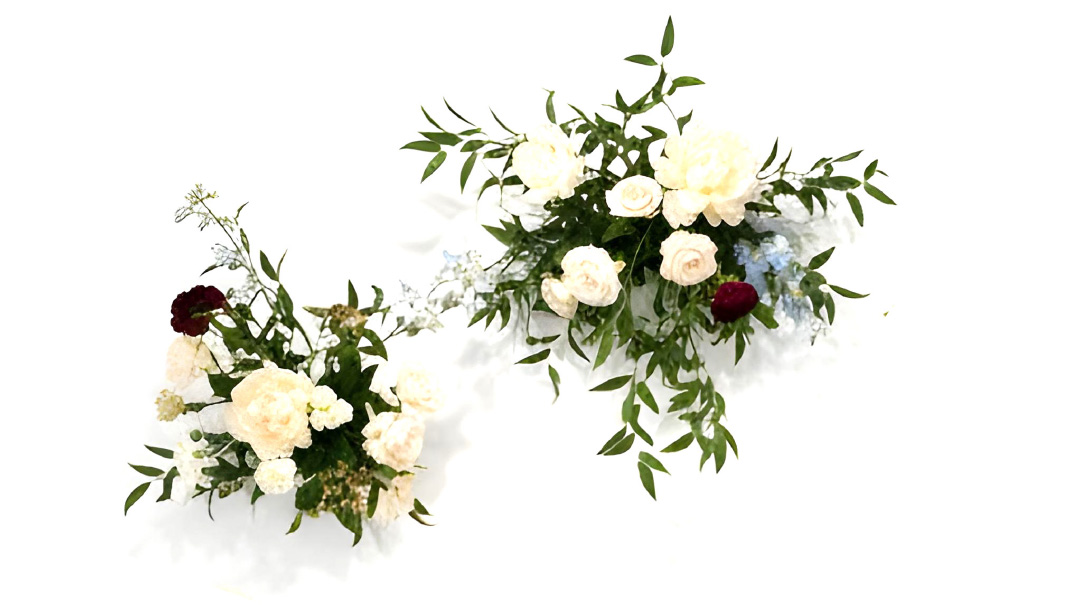Two on a Journey


The coach bus meanders through the Polish countryside. It is green, verdant even, leafy and lush. But we see it in monochrome, black and white, gray, a tinge of sepia. Deeper into the forest, trampling the undergrowth, the flowers that dare to grow yellow and wild in a world gone black, acutely aware that we are charting the course of children and parents and the elderly scrambling to get away.
We can feel the tremble of their breathing.
We have seen too much on this trip already. Only this morning, we were at the mass grave of hundreds of children. We thought of little scuffling feet, caps pulled over freezing ears, children who will always stay children.
But we are just a bus of girls on the other side of the millennium. The seats are littered with Twizzlers and potato chips and cans of Coke. We are overtired and hot and the bus rides are long. The talk drifts from sacrosanct to silly.
I sit at the window near a friend. The chatter and chipper float by us. Bursts of laughter, social angst, whatever. That’s what happens with too many girls in a too-tight space.
And then my friend pulls out a book, packed as an afterthought. Lieutenant Birnbaum. The Holocaust through the eyes of a Jewish soldier in the American army. A biography, rich with detail and experience. The bus is too jerky for us to pore over it together, so she begins to read in her mellifluous voice, just loud enough for me to follow.
She reads on and on by the light of the waning sun. And we are no longer two in a bus of 30, there is just one life we know now; we follow Meyer into the army, the mess hall hot with baked ham — a first dinner with the whiff of things to come. Night falls and we read by flashlight, as the young soldier, just 22, storms the Normandy beach on D-Day.
We get on and off the bus. A nighttime tour of Lublin. The famed yeshivah, an old shul. And in between we are back at the book. Her voice is almost hypnotic, and it carries us away, the sights and stops making the words real.
Too early the next morning, girls stash backpacks on the bottom of the bus and we are back in the cramped seats, Auschwitz-bound.
All the way, my friend and I, we are in the Feldafing DP camp, with Birnbaum and the Klausenburger Rebbe, hearing a Kol Nidrei derashah that first Yom Kippur after liberation. When the infamous entranceway looms, we stumble off the coach with the others, treading over the cast-iron rungs of the train tracks, step-by-step.
We stop at the half-bombed crematorium and the tour guide tells us to link arms and dance. We begin to sway to haunting notes, and suddenly it is not about me and not about the girls whose hands I am holding steel tight. It is about all of our hands, stretching and grasping, to form the tightest circle. It is about Birnbaum’s hand and the Rebbe’s, and about their hands — the inmates’ — gnarled and worn, and now just fingerprints in Heaven. About every Jew’s hand — and soul — since the beginning of time.
(Excerpted from Family First, Issue 600)
Oops! We could not locate your form.







